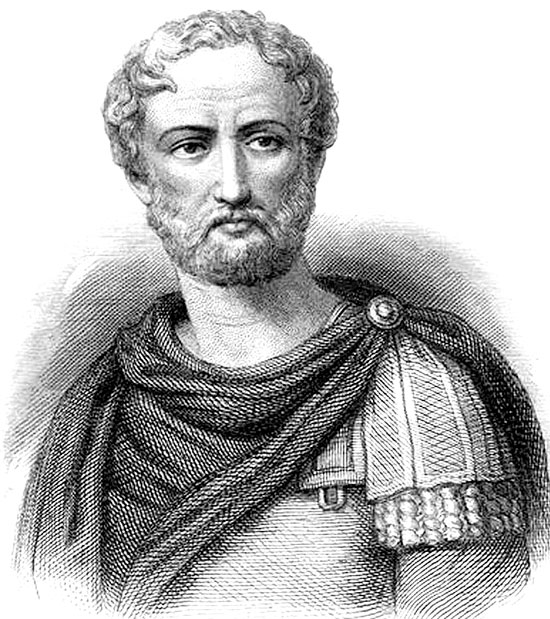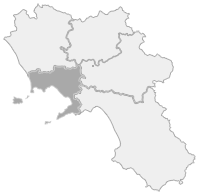In search of knowledge, Gaius Pliny The Second, better known as Pliny the Elder, from an early age , was interested in studying and analysing the most diverse disciplines with the passion and the curiosity of a researcher. His wealth of knowledge increased and strengthened with the contribution of the military expeditions to which he participated in different areas of the empire under Vespasian, of whom he was a friend, and the numerous trips which lead him to Africa.
Wherever he wen t, Pliny gathered information and notions, especially of scientific nature, but not only. Author of several lost biographical, historical and linguistic works, Pliny is well-known for the Naturalis Historia, an encyclopaedic work of 37 volumes, published in 77 A.D and passed down to us, which offers a broad and updated picture of the scientific knowledge of the ancient Rome.
t, Pliny gathered information and notions, especially of scientific nature, but not only. Author of several lost biographical, historical and linguistic works, Pliny is well-known for the Naturalis Historia, an encyclopaedic work of 37 volumes, published in 77 A.D and passed down to us, which offers a broad and updated picture of the scientific knowledge of the ancient Rome.
The name of Pliny is linked to the eruption of the Vesuvius in 79 A.C, which he was the witness of and which he described in a famous letter to his nephew Pliny the Younger , before dying in Stabia due to the volcanic fumes. At the time of the awakening of the Vesuvius, Pliny the Elder was on the other side of the gulf of Naples, at Miseno, where he held the position of praefectus classis Misenensis, in other words the commander of the imperial fleet.



Comments powered by CComment